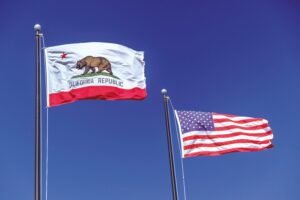Details relating to the first federal online gaming bill, as put together by Senators Harry Reid (D-NV) and Jon Kyl (R-AZ), have been released. While the bill has been in committee for over a year, its contents were previously sealed. The bill does have thirty co-sponsors, but prospects for eventual passage into law remain mixed, at best. The bill is in the preliminary stages only, as it is being discussed in committee and has not yet been introduced to the full Senate, let alone taken up in the House, so any speculation is premature.
The bill itself is narrowly tailored: it permits only online poker and off-track racing wagers. It specifically excludes all other forms of online gambling, as well as online lottery sales (which are relegated to the purview of the states only) and international player pools. Further, it prohibits states from passing laws to permit online casino games independent of the bill’s narrow authorizations.
Under the framework established by the bill, each state would be given the choice to opt-in to the legal poker provisions via approval of that state’s legislature. Failure to affirmatively opt-in would be treated as opting out for purposes of the bill, and those states’ residents would not be permitted to partake in legalized online gaming.
For the first two years after the bill’s passage, licenses to operate online poker websites would be available to established, brick-and-mortar casino operators only. The draft bill establishes a regulatory framework whereby the federal Office of Online Poker Oversight would monitor the legalized gaming, under the auspices of the Commerce Department.
The limited scope of the bill (poker and off-track horse racing only) could be seen as a negative by those hoping for a broad and inclusive legal regime for online gaming nationwide. However, if the bill is passed into law, it would set a precedent that could lead to further expansions down the road and would be groundbreaking in its own right.
This bill is definitely worth keeping an eye on for gaming attorneys and those interested in Internet poker law in general.



